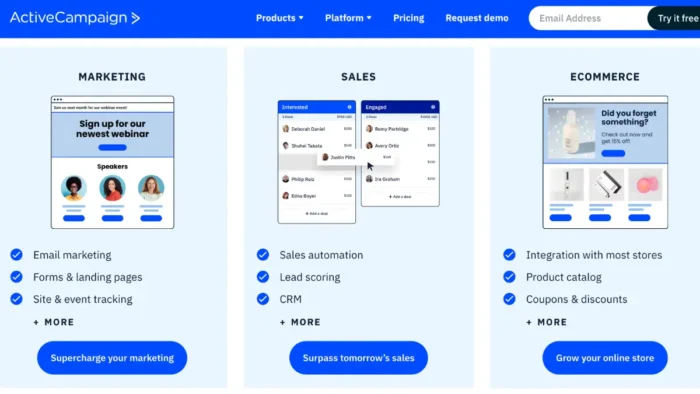It is important to quickly dismiss the notion that your digital marketing in the west can be easily translated to the Chinese market.
Decades of isolation from the rest of the world have meant that China has a very strong domestic consumer culture with its own trends, values, and impulses. Therefore, a digital marketing strategy must be built from scratch to effectively reach your Chinese consumers, who are the largest number of internet users in the world.
The largest market in the world
In addition to being the largest number of internet users, the Chinese are also heavily involved in social media, e-Commerce, and mobile payments. All of these factors make digital marketing a fundamental strategy when launching new products in the country or when looking to expand the reach of products already available.
When it comes to social media, China is again the world’s largest market, with almost 1 billion social media users. With the absence of Facebook, Twitter, and YouTube, home-grown alternatives like WeChat and Weibo are used instead. While these apps started life as clones of those popular western apps, they have far outgrown their counterparts in terms of features and third-party integrations.
Similarly, China is also the largest mobile payments market in the world, as one research has found. China went from being mostly “unbanked” to using cash and now digital transfers without the use of cards. The high usage of mobile payments is driven by and a cause of Chinese consumers’ heavy use of e-Commerce.
From consumers to e-consumers
The rise of e-Commerce in China comes on the heels of the general rise of IT vendors in China. From 2000 to 2010, China’s total e-Commerce transactions grew to 0.55 Trillion USD. It is projected that by 2026, total retail e-commerce sales in the country will grow to 4 Trillion USD if the 14% average annual growth over the last five years keeps up.
With major tech companies like Tencent and Alibaba owning most of the social media sites, payment processors, and e-Commerce platforms, the digital customer journey is unified. Customers can read a post for information, follow the link onto the e-Commerce site to order, and then pay by multiple methods online.
Rules to market your products in China
When marketing your products in China, it is very important to build trust. Many people identify as being part of a group, especially with the older demographic. So, building a story of your brand for awareness should come before pushing for ad performance. Word-of-mouth marketing is indispensable in China to build a following, so investment in localised customer service should help. Get in touch with a China marketing agency like Alarice to find out how you can start.

Additionally, the younger generation is very trend-conscious and uses social media to keep up to date with the latest news and trends. Every brand should leverage these trends by making sure their digital marketers are connected to the conversations on social media. Many successful campaigns can be built on piggybacking onto a current trend started by another brand or utilizing a particular national emotion caused by external events.
It goes without saying that it pays to be aware of shifting demographics in terms of e-Commerce users. While efforts should be centered around reaching the urban population, there are also many 2nd and 3rd tier cities seeing a huge rise in middle-class consumers who have different needs and channels to approach them. You may find that a particular social media or e-Commerce site that, while not the most popular, may be the best channel to reach your target audience.
Conclusion
Building an effective digital marketing strategy in China requires an innate understanding of cultural norms as well as constant monitoring of trends. It is a big country, and it is important to understand that consumers in different regions, from different age groups, and from different backgrounds will require different messaging and marketing channels to effectively gain their trust and keep them.





